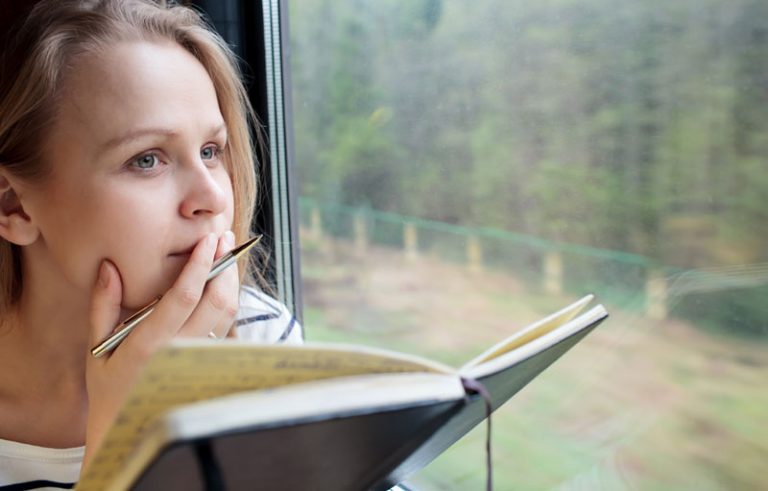7 Helpful Tips For A Sensitive Bladder
If you feel your bladder is out of control, here’s some practical help.

You know those ads where they talk about what happens when you laugh or sneeze? Well at menopause it is sadly very common but there are some handy ways you can help yourself with what is becoming known as a’sensitive’ bladder, much nicer than being incontinent!
Two types that can occur
This is a very common condition that affects men and women, in fact in the UK it is 1 out of every 4 of us, and falls into two categories.
– Stress incontinence, which can cause leakage when you cough, sneeze, exercise, laugh or strain to lift something heavy.
– Urge incontinence, which is an unexpected, sudden urge to urinate that’s so strong you may not reach the toilet in time.
How you can help yourself
There are a number of ways you can start to take control of your bladder, and some of them may surprise you.
1. Do pelvic floor exercises
These really do help and are very simple. All you need to do is clench and unclench your pelvic floor muscles, the same ones you contract when you try to stop weeing – but it is important you don’t do this by trying to stop the urine while on the toilet as this can actually make the muscles weaker.
Do pelvic floor exercises anywhere and everywhere else, though and start by squeezing your pelvic floor muscles for a slow count of five, then release for a few seconds. Repeat 10 times. Build this up to aim to hold the muscles for 10 seconds and release for 10 and do as many times a day as you can.
2. Toilet training
This is not just for toddlers, we need to learn to go regularly but don’t overdo it. Around 4 or 5 times a day is about right and when you are on the loo take your time.
After you’ve finished urinating, relax a bit and then urinate again – this practice, called double voiding, helps really empty the bladder.
3. The drinks dilemma
Your body needs fluids, so be sure to drink enough to stay well hydrated and, although you may be tempted to drink less to avoid those trips to the loo, it means your urine is more concentrated which can make matters worse.
So plenty of water, but avoid caffeine from coffee, tea or colas as caffeine is a diuretic and that makes you want to urinate even more.
4. Is your medication making it worse?
Some prescription or over-the-counter medicines could be making your urinary incontinence worse so read the instruction leaflet.
If increased urination is a side effect then your GP may be able to find you an alternative or suggest ways to help.
5. Get your diet right
It is all about balance, because you need fluid but at the right level. You will get fluid from fruit and vegetables as well as water but avoid too many sources such as caffeine and alcohol.
If you are constipated make sure you have enough fibre to encourage regular bowel movements as constipation can make incontinence worse as it puts pressure on the bladder.
6. Lose weight
It’s a tricky subject at menopause as women do naturally tend to put on weight, but keep it at a healthy level. Weight loss can help whereas being overweight can contribute to urinary incontinence.
7. The right products
Hormone balance is needed, as being overweight and losing sleep through too many trips to the loo will make the situation worse.
Bioidentical progesterone can help with both those conditions so supplementing will assist here, as well as with other hormonal symptoms.
There are plenty of products on the market to help with this condition from pads to knickers, disposable and now ones you can wash and wear.
If using pads make sure they are designed for urinary leaks, not ordinary sanitary towels as they aren’t designed to hold urine so can irritate the vagina. There are various levels of absorbency too, so get the right level for your particular problem.
Helpful information:
Don’t forget that anxiety and stress will both make your condition worse so anything that helps that will have a beneficial knock on effect on your bladder.
https://anna.blog.wellsprings-health.com/is-your-stress-level-too-high-2/


















